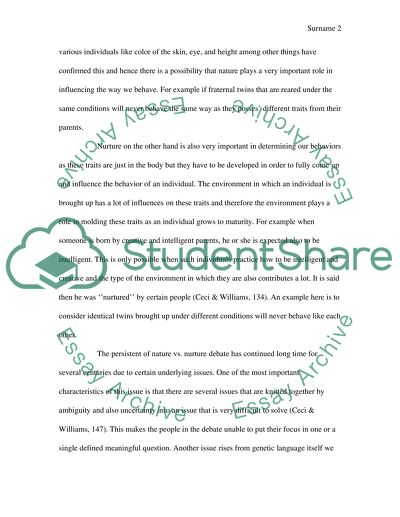Cite this document
(“Aristotle Research Paper Example | Topics and Well Written Essays - 2500 words - 1”, n.d.)
Retrieved from https://studentshare.org/family-consumer-science/1420156-aristotle
Retrieved from https://studentshare.org/family-consumer-science/1420156-aristotle
(Aristotle Research Paper Example | Topics and Well Written Essays - 2500 Words - 1)
https://studentshare.org/family-consumer-science/1420156-aristotle.
https://studentshare.org/family-consumer-science/1420156-aristotle.
“Aristotle Research Paper Example | Topics and Well Written Essays - 2500 Words - 1”, n.d. https://studentshare.org/family-consumer-science/1420156-aristotle.


